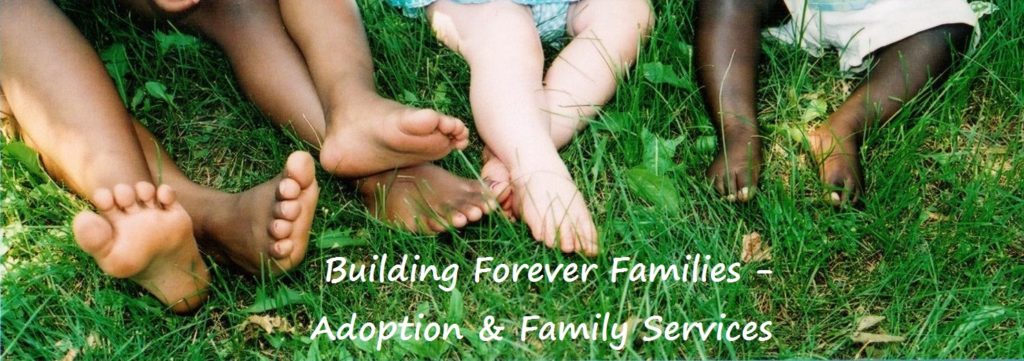Opting for therapy on behalf of your child is a significant decision, one that may initially evoke feelings of inadequacy or parental failure. However, it’s crucial to recognize that seeking therapy is an empowering choice, offering your child a supportive space to navigate their experiences and foster growth toward a healthy adulthood.
Challenge Your Biases
Before embarking on the therapeutic journey, it’s crucial to engage in introspection and confront any biases you may harbor concerning mental health treatment. This process of bias exploration is humbling, as it involves recognizing and challenging pre-existing beliefs that could potentially obstruct your child’s access to essential support. In certain communities, there exists a societal stigma attached to seeking therapy, perpetuating misconceptions that may hinder individuals from embracing the help they need.
The act of reframing mental health as an integral aspect of overall well-being is transformative. By breaking down these preconceived notions, you pave the way for a paradigm shift within your household. Instead of viewing therapy through a stigmatized lens, you foster an environment that openly embraces the importance of mental health. This shift creates a supportive space where your child feels encouraged to seek help without fear of judgment, contributing to a healthier and more resilient family dynamic.
Evolving Research Landscape
In the realm of therapy and adoption, research has undergone transformations, dispelling uncertainties surrounding the mental health of adopted children. While debates on the most effective therapy persist, ongoing adoptee-centric research strives to bridge existing gaps. Parents contemplating mental health treatment are urged to stay informed, ensuring decisions align with the latest research findings.
Recognize Warning Signs
While therapy can benefit anyone, recognizing signs that indicate your child might need it is crucial. Avoid jumping to diagnoses; adopted children are sometimes misdiagnosed due to practitioners overlooking root causes. Factors like genetics, family history, exposure to substances, loss, trauma, frequent relocations, and societal -isms can all contribute to a child’s thoughts and behaviors.
Acknowledge Adoption Trauma
Many adopted children undergo some form of trauma, particularly stemming from separation from their biological family. Acknowledging this trauma, including the introduction of Complex-PTSD (C-PTSD), is pivotal. Understanding the lasting effects of adoption trauma helps validate your child’s emotions and fosters meaningful conversations about shared experiences within the adoptee community.

Cultural Sensitivity in Therapy
Cultural nuances play a significant role in shaping attitudes toward mental health treatment. Understanding your child’s cultural background, and engaging in open discussions with them and their birth family, if possible, creates a trusting environment. Culturally sensitive therapy ensures that your child’s opinions and cultural values are respected throughout the treatment process.
Diverse Therapeutic Approaches
Before selecting a therapist, explore various therapeutic approaches available in your area. Consult with healthcare professionals, teachers, or guidance counselors for recommendations based on your child’s specific needs. Regardless of the chosen therapy, a trauma-focused approach is essential, given that most adopted children have experienced some form of trauma.
Adoption-Competent Therapists
Navigating the search for an adoption-competent therapist is a pivotal step, given the distinctive psychological impact adoption can impose. It’s noteworthy, however, that specific training programs in this specialized field are not widely available. The competency of an adoption-focused therapist extends to a profound understanding of the intricate layers that pre-adoption abuse or neglect might contribute to a child’s challenges. Despite the scarcity of formal programs, the invaluable skill set of an adoption-competent therapist becomes instrumental in unraveling and addressing the nuanced complexities associated with an adopted child’s emotional well-being.
Tailor Support to Your Child’s Needs
Customizing support to cater to your child’s specific needs is vital for a successful therapeutic journey. Beyond ensuring age-appropriate therapy, take into account the diverse experiences older children may have encountered on their unique paths. Actively involve them in the decision-making process, fostering a robust therapeutic relationship. Prioritize their comfort, understanding, and perspective, placing their individual needs at the forefront of your strategic decision-making for a more tailored and effective therapeutic experience.

A Child-Centric Approach
On this transformative path, remember that you don’t walk alone. Forever Families stands ready to be your companion, offering support throughout the adoption process, counseling, and a myriad of resources. Let us help you orchestrate a harmonious future for your family. Our common focus is your child’s well-being.
Incorporate an informed and collaborative approach into your decision-making. Involve your child in the symphony of choices, building trust, and prioritizing their mental health. Together, let’s compose a melody that resonates with the joy of a forever family. Connect with Forever Families today to embark on this harmonious journey.

